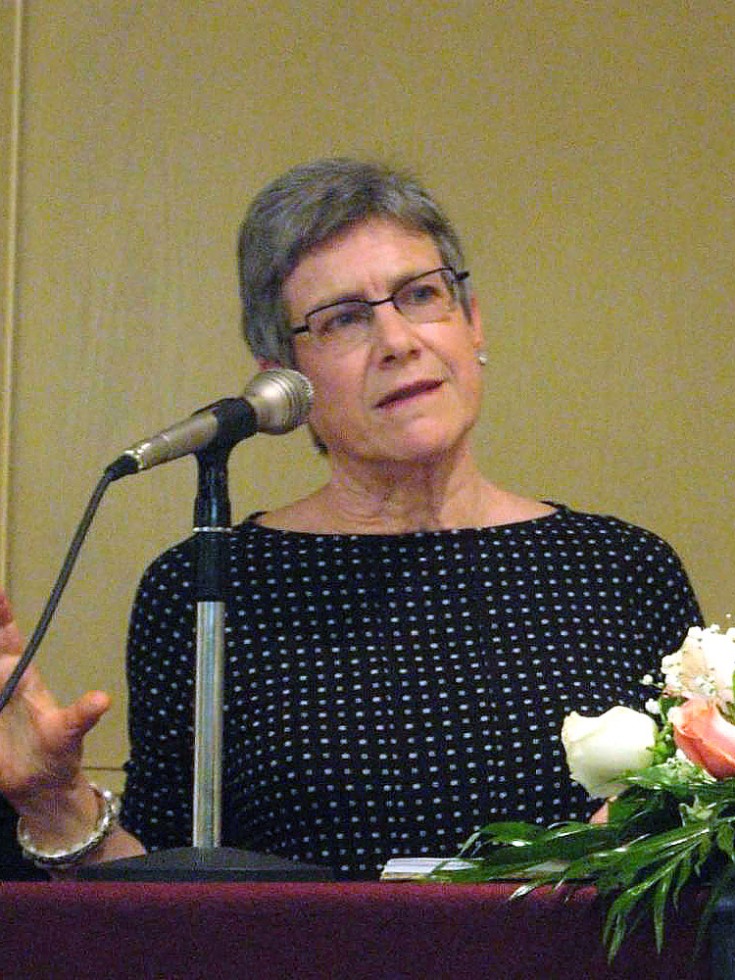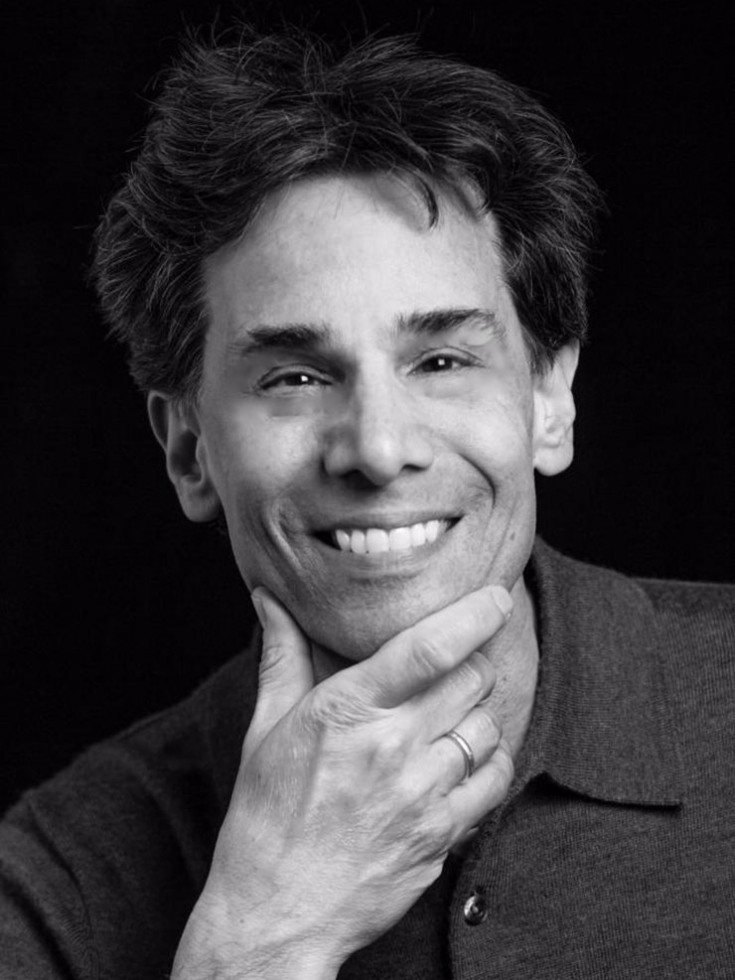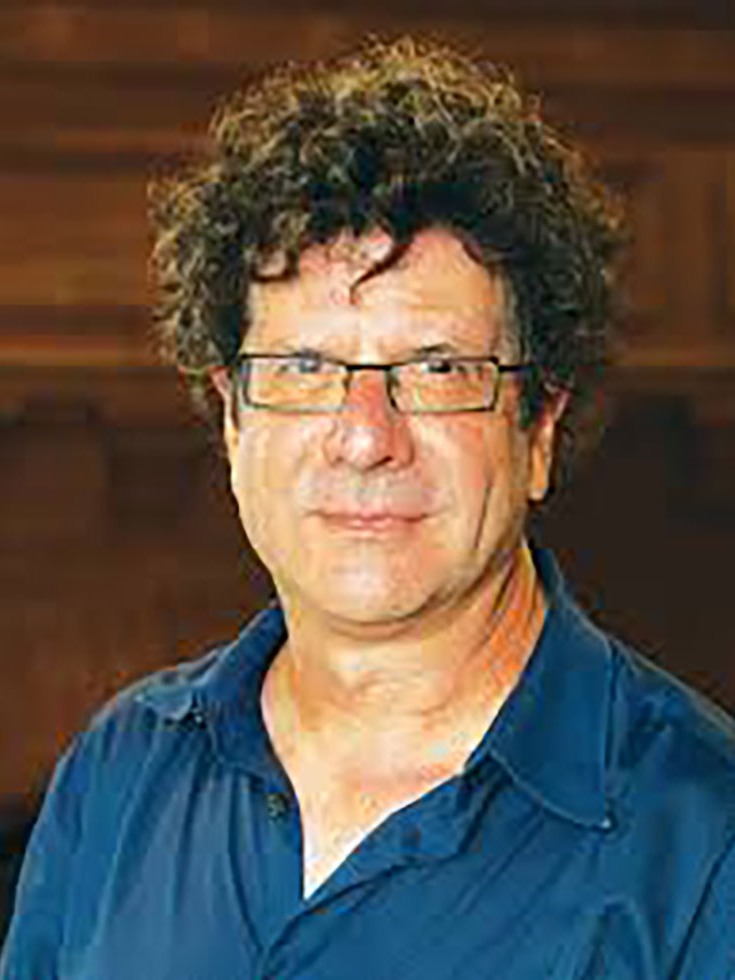Equity, Diversity & Inclusion in the Field
There is a common idea that Christianity has a Master Narrative: western, white, cisgendered, heteronormative patriarchy. As we have learned from feminist studies, sexuality studies, and critical race theory, master narratives generally obscure and occlude as much or more than they make visible. As a historian of Christianity, I seek to find and make visible those other histories, drawing them into central focus. Narrative is hence a major tool in my teaching: stories, interpretive traditions, autobiography, memoir, and articulation through various media are the materials around which I build my courses.
Focus on embodiment has provided the frame for my teaching and scholarship. Such attention has enabled me to focus on women, race, sexuality, homosexuality, gender fluidity, and gender difference. Moreover, I am especially interested in religion and the senses, and how the senses provide differing modes of bodily experience, bodily knowledge, and embodied epistemologies. While my courses attend to the senses across their spectrum, my scholarship has focused especially on smell and olfaction, and on music, sound, hearing, and voicing.

My teaching seeks to engage questions around diversity and inclusion both through offering explicitly targeted courses, such as “Liberation Theology in the Americas,” and through constructing syllabi, lectures, and seminar discussions in a manner that seeks to show that explicit attention to multiple forms of diversity is not simply a topic to be taken up in certain courses but needs to be integral to the manner in which we engage all materials.
Important elements of my scholarship have been programmatic contributions on the discipline of religious studies. This work examines how the field responds to its history of parochialism, as well as the manner in which certain forms of pluralization have led to a fragmentation that ultimately stands at odds with the diversification of the field. Even in writing on a figure as canonical as G. W. F. Hegel, my work strives to situate Hegel and his project in the context of European colonialisms, as well as trains attention on his treatments of gender and race.
Within my academic discipline, in my role as co-chair of the Philosophy of Religion Unit of the American Academy of Religion, my colleagues and I have made substantial strides in increasing the diversity of the steering committee as well as molding conference panels in order to attract a more diverse group of participants.
I am grateful for students and colleagues who have done so much to expand my perspective and illuminate my blindnesses. I aspire to keep learning and developing.
My teaching and research pertains to the intersection of modern Western religious, political, and environmental thought, and it is as likely to engage poetry and literature as it is is philosophy and critical theory. Among other things, this work entails attention to environmental justice and indigenous ecology. For example, W.E.B. Du Bois and Leslie Silko have become central to my account of Radical Romanticism and its aesthetics -- an aesthetics dedicated to racial and social justice. All my courses contain themes, readings, or film that pertain to equity and diversity. My course, "Love: the Concept and Practice," explores forms of love through Black and Indigenous authors such as Louis Erdich, Alice Walker, and Joseph Marshall (author of The Lokota Way). Another one of my courses, "Religion Gone Wild," is keenly interested in environmental justice, and includes a variety of readings from various Black and Indigenous authors.
My current book project is titled, Radical Romanticism: Religion, Democracy, and the Environmental Imagination. In this book, I argue that Du Bois - a 19th/20th century African-American sociologist, historian, and civil rights activist - can also be considered a Romantic nature writer, an environmental justice author, and as a person of dark, wild hope. I am a founding member of Environmental Humanities at Brown (EHAB) and is an active faculty member in Native American and Indigenous Studies at Brown.

My entire adult life has been dedicated to the study, teaching, and advocacy of the distinctive worldviews of traditional Asian cultures, especially those of East Asia. Inspired by my undergraduate advisor, the famous Neo-Confucian philosopher Tu Weiming, I have pursued the study of the religious philosophies of China and Japan from their shared foundational concern, the problem of “self-cultivation:” what is our potential as human beings and how are we to lead lives of meaning, purpose, and value to others. Exploring this problem led me through graduate study in Toronto, post-doctoral research in Japan and China, to faculty positions in Edmonton and London before arriving at Brown. Trained in scholarly or “third-person” research, I have come to focus on the use of textual and archaeological sources to uncover the hidden history of the classical Chinese tradition of Daoism. I have complemented this with extensive experiential or “first-person” practical training with Japanese and Tibetan lineage holders and further contemplative training in traditions from China, India and Southeast Asia. Third and first-person approaches to the study of religion are regarded as complementary and recursive in traditional Asian cultures. At Brown, I have combined this multi-perspectival training with a longstanding interest in Biomedicine to create the country’s first undergraduate concentration in Contemplative Studies. I teach courses on the religious and philosophical traditions of Asia that are founded on principles I first advocated in my article “Against Cognitive Imperialism.” I have published more than 50 articles and eight individually authored or co-authored books including Original Tao: Inward Training and the Foundations of Taoist Mysticism, The Huainanzi: A Guide to the Theory and Practice of Government in Early Han China, and the soon to be released, The Contemplative Foundations of Classical Daoism.
Much of my teaching concerns conflicts arising from colonialism, racism, and the domination of majoritarian ethnic and religious groups. My International Law course focuses on the impact of colonialism and neo-colonialism on global society. Law and Religion analyzes the differential impact of putatively neutral legal doctrines on minority, non-Western, and Native American religions and cultures. Sacred Sites: Law, Politics, Religion studies conflicts between religious and ethno-national groups in North America, South Asia, and the Middle East, in contexts involving vast power imbalances among groups. Much of my scholarship in the legal field has focused on such issues, including my forthcoming article, “Conquest, Sacred Sites, and ‘Religion’ In a Time of Crisis,” and in my book Passion and Ambivalence: Colonialism, Nationalism, and International Law.

My research investigates the affects that death and despair have on the Black community. I am particularly interested in African American Religious Thought and 19th century religion to locate narratives where thinkers sought a radical hope and love for democracy despite pervasive anti-Black and disenfranchising (sexism, heterosexism, classism, etc) practices. Religious thinking, for me, unpacks and critically assesses the traumas harming the Black community in hopes of moving in a direction of responsibility and accountability before employing language of reconciliation and unity. Equity and diversity in my research begins with anti-Blackness and disenfranchisement, moves to responsibility, and embraces an informed response about future possibilities.